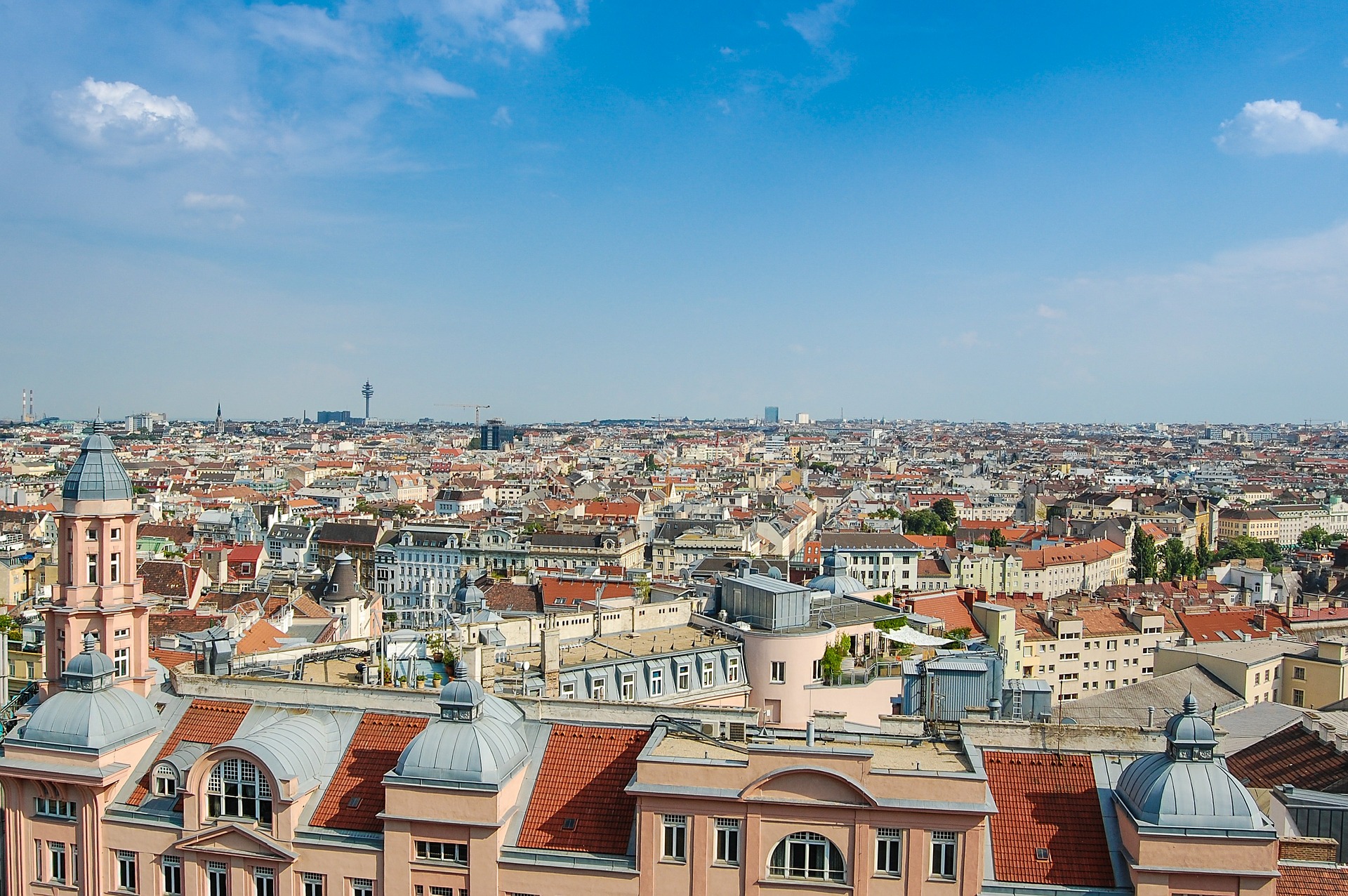
Vienna is Moving – The Path Towards Equal Mobility for Women and Men
March 5, 2019 — The Big Picture
Mobility is one of the prerequisites for a self-determined and equal participation in public life. It is a key political objective in Vienna to guarantee safe and accessible mobility for all, irrespective of their gender, socioeconomic background, or health restrictions.
Vienna sets standards and guidelines
Safety and security for women and girls, in particular, their feeling of safety, has been a subject of thorough discussion in Vienna. It was a key topic in the first publication of the City of Vienna’s women’s department as early as 1995. Numerous examples were collected and published in the “guidelines for a safe city”, which initiated a discussion and raised awareness among experts, urban planners and architects inside and outside the city administration. More than 20 years later, it has become standard procedure to consider objective and subjective feelings of safety in urban planning. Today, the findings form part of the general planning guidelines of the City of Vienna for the planning of the underground network as well as the design of public transport stations, parks and public space. Gender experts often participate in the planning process. Planning procedures for new urban development areas also consider the design of footpaths to avoid potentially unsafe public spaces.
Urban planners in city administration departments needed guidelines and specific tools to incorporate the topic of safety as a standard issue into their everyday work. A checklist “factors of subjective feeling of safety” was therefore developed together with the city’s public lighting department. The checklist complements the European road lighting standards, which focus on public lighting for motorised traffic but do not consider footpaths. The checklist has formed part of urban planning since 2010 and supports decisions about the class and quality of street lighting. It helps to identify factors that influence the sense of safety. The urban development area Seestadt Aspern is a current example for the successful implementation of the City of Vienna’s public lighting standards. Fully illuminated footpaths help recognise the faces of oncoming pedestrians. 35,000 light fittings (23 percent of all light fittings in Vienna) have been improved or reinstalled since the checklist has been in use. The City of Vienna carried out surveys, which showed the remarkable effects of these improvements. From 2008 to 2013 the satisfaction of residents with the safety in their neighbourhood increased by 6 percentage points (from 64% to 70% for women, from 68% to 74% for men).
Vienna has implemented the “fair shares in the city” project
“Fair shares in the city” was a pilot project in the municipal district of Mariahilf. Mobility, in particular for women, has been improved considerably based on the principles of gender-sensitive planning, which consider daily routines, the needs of different target groups according to gender, age, and sociocultural background, as well as differentiated data analysis and observations. About 60 crossing aids for pedestrians have been installed; more than 1 kilometre of pavement has been widened; traffic light signalling and public lighting for pedestrians has been improved; street furniture seating has been put up; several locations have been redesigned to become more accessible; three public spaces have been redesigned.
Fairness check of overriding strategies
Based on the findings of several pilot projects, gender aspects have also been incorporated into overriding strategies such as the Urban Development Plan and the Smart City Strategy and have been subject to fairness checks. This is also consistent with the basic principles of the European Charter for the Safeguarding of Human Rights in the City, the UN Convention on the Rights of Persons with Disabilities as well as the many principles of the City of Vienna on gender-sensitive traffic and transport planning and design of public space.
Vienna offers help in emergencies – “We look out for each other and the city looks out for you”
In addition to guidelines, tools, and strategies, a safe city needs to provide concrete help in an emergency. An initiative of Executive City Councillor for Women‘s Issues Kathrin Gaal the City of Vienna started the campaign “I am your lifeline – help in case of harassment” in June 2018 at Vienna‘s Danube Island Festival (Donauinselfest), which is Europe‘s largest free open-air festival. Due to its success, the initiative was also implemented in municipal swimming pools in Vienna. In 2019, the campaign was also extended to other locations such as the public transport system.
The “lifeline”-campaign aims to strengthen the feeling of safety in the public and provides information about help in an emergency.
Conclusion
The City of Vienna has actively promoted gender equality at the political and administrative level for many years. The aim was to incorporate gender aspects into the mainstream and not just compile studies and implement pilot projects. After 25 years, the City of Vienna is proud to say “We have made a difference!”